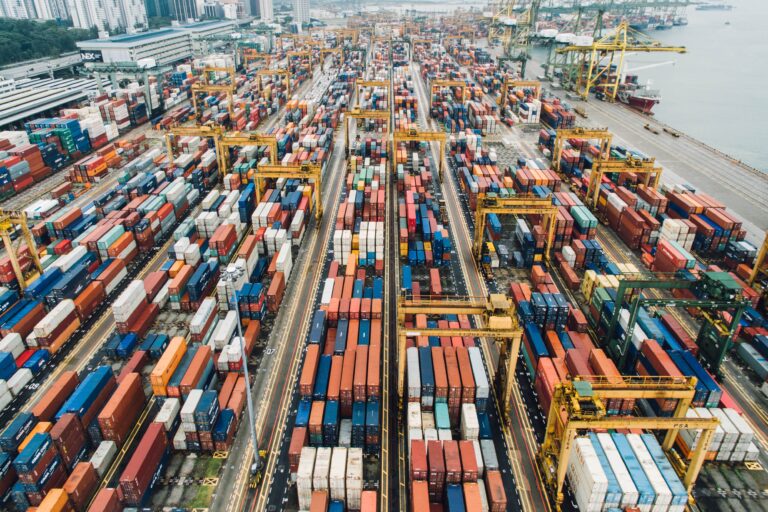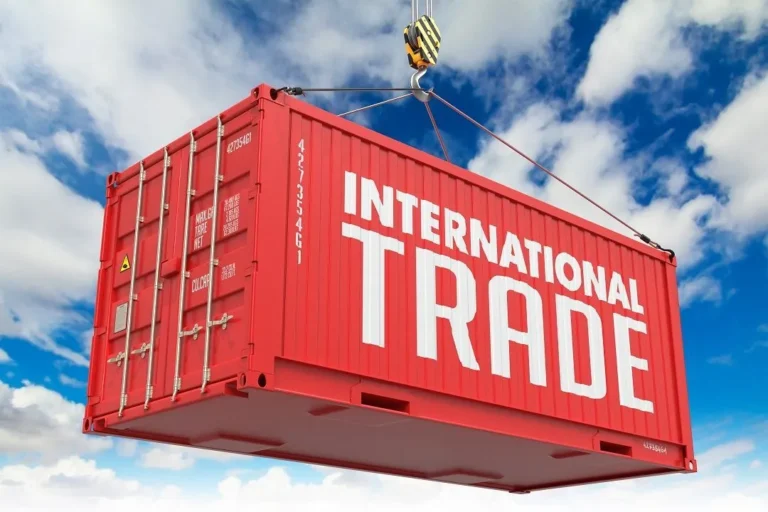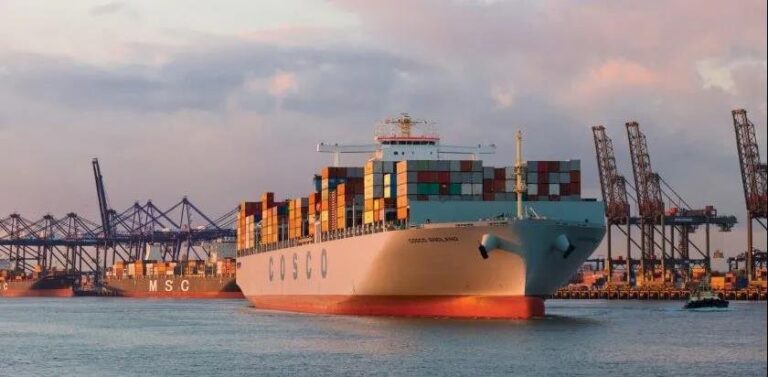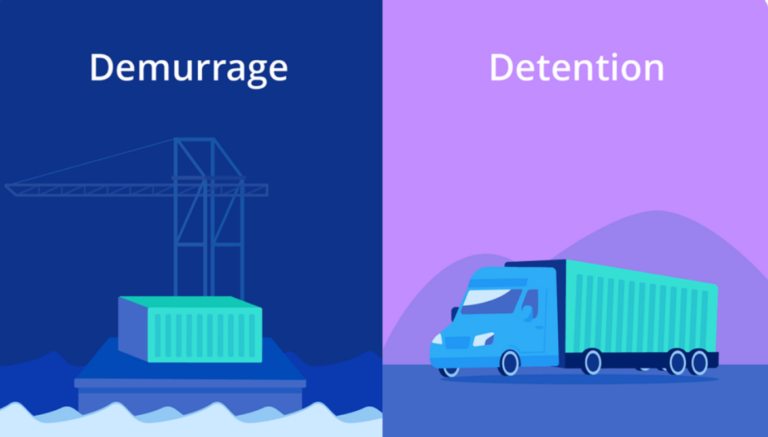A major explosion has occurred involving a container ship at the Port of Ningbo!
The scene is engulfed in flames!
According to CCTV News, reporters have learned from authoritative sources that this afternoon, a container ship docked at the container terminal in the Beilun District of Ningbo-Zhoushan Port in Zhejiang Province experienced an accident. Initial assessments suggest that a container on the ship exploded. No casualties have been reported so far.
On the afternoon of August 9, a major explosion occurred at the Phase III terminal of Ningbo Port. A container on a container ship docked at the port exploded, causing a massive fire at the scene!
From the footage at the scene, it can be seen that the vessel involved in the accident is the “YM MOBILITY.”

It is understood that the vessel is deployed on the AG2 (Yang Ming CGX) Middle East route, with slot-sharing partners including YML, COSCO, Hapag-Lloyd, HMM, and ONE. The ship was originally scheduled to depart on August 10, heading to Xiamen and Shekou before proceeding to the Middle East.
The vessel calls at multiple Chinese ports and carries cargo for several shipping companies. Shippers and Consignee with recent cargo loaded on this vessel should closely monitor the vessel’s status and maintain communication with the shipping companies. It’s crucial to promptly determine if there is any cargo damage or potential delays in the subsequent schedule.

A reminder to all shippers and Consignee: Due to misreporting or underreporting of cargo, incidents such as dangerous goods explosions and fires on vessels happen from time to time. It is essential to declare your cargo truthfully! Customs, maritime authorities, and shipping companies are continuously cracking down on the misreporting of dangerous goods. Do not attempt to hide or misreport such items!
The key lessons learned from this incident are:
- Accurate Cargo Declaration: It is crucial for shippers to accurately declare the contents of their cargo, especially when dealing with dangerous goods. Misreporting or underreporting can lead to catastrophic incidents like explosions and fires.
- Vigilant Monitoring: Shippers, freight forwarders, and shipping companies must closely monitor vessel movements and communicate effectively, especially in situations involving shared slots and multiple ports of call.
- Regulatory Compliance: Authorities such as customs and maritime agencies are rigorously enforcing regulations on the declaration of dangerous goods. Compliance with these regulations is essential to prevent accidents and ensure the safety of shipping operations.
- Risk Awareness and Communication: This incident highlights the importance of ongoing risk awareness and communication among all stakeholders in the shipping industry. Regular reminders and education on the risks associated with dangerous goods should be provided to shippers and their clients.
These lessons underscore the need for strict adherence to safety protocols and proactive measures to prevent similar incidents in the future.





